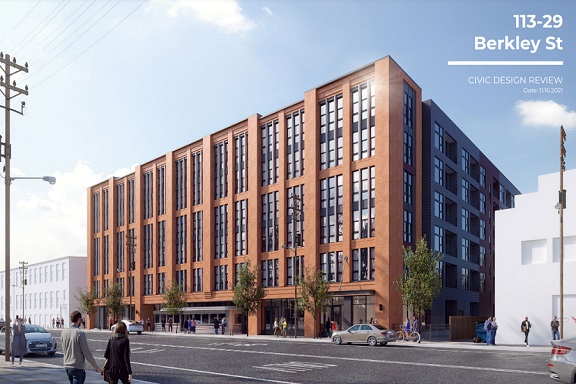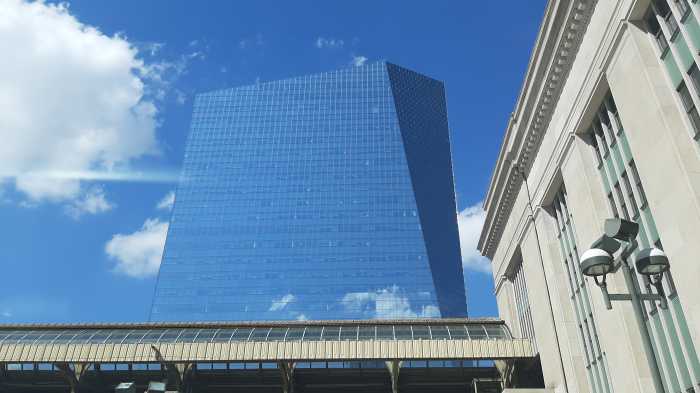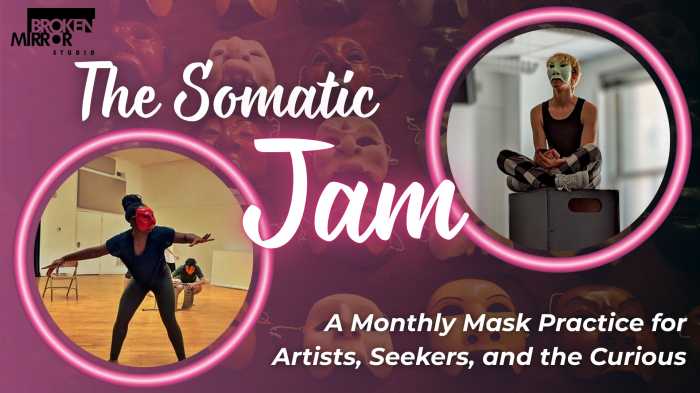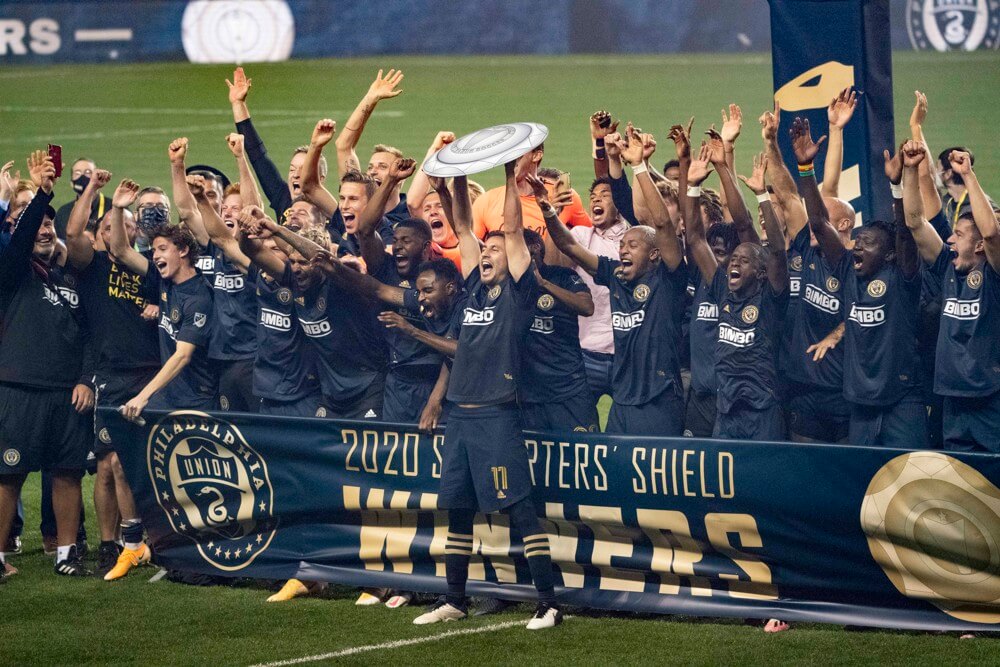When Ken Weinstein first proposed his redevelopment plan for the area around Wayne Junction’s rail station, Philadelphia was a bustling metropolis, with businesspersons shuffling into downtown offices by day and traversing the city’s myriad nightlife options during their off-hours. But, as the pandemic shuttered the hospitality industry almost overnight and forced professional workers out of their offices and onto products like Zoom, SEPTA ridership plummeted.
For a brief moment, Weinstein’s plan to revitalize the area, which hinged on public transportation, fell off the rails.
Almost two years into the pandemic, however, SEPTA ridership is on the rebound, bouncing back this fall even as some workers decide they prefer to work from home — or, in some cases, not at all. And according to Weinstein, who’s the president of the community-oriented real estate development company Philly Office Retail, an organization that renovates vacant and deteriorated commercial properties, is on track — full steam ahead.
The train, to keep the metaphor going, never stopped running.
“[COVID-19] did not affect us much,” Weinstein said. “There was obviously a two-month period in the beginning of the pandemic when we had to put our tools down and stop renovating. But other than that, things have been pretty seamless. We have not been impacted greatly by supply chain issues or construction cost increases. So we’re just plugging ahead.”
Inspired by SEPTA’s $31 million effort in 2015 to renovate the Wayne Junction regional rail station, Philly Office Retail’s revitalization plan for the area that bridges Germantown and Nicetown bets big on the future of public transportation. Weinstein’s company is working to improve 13 buildings in the neighborhood, many of which are historically designated or vacant spaces left untouched since the height of the industrial age in Philadelphia.
The project, Philly Office Retail’s first major one in the area, proposes to build 143 apartments, 94 parking spots, 50 bicycle stalls and over 10,000 square feet of commercial space.
Central to the project is a small, stainless-steel Mountain View diner brought down from Willimantic, Connecticut, something of a passion of Weinstein’s. Philly Office Retail prefers to “restore and reuse” when possible, and the diner motif reminds one of the company’s earliest projects, the Trolley Car Diner on Germantown Avenue in Mount Airy, which served hundreds of thousands of customers for almost 20 years.
“The significance, beyond that, of the diner, is that it’s reminiscent of the Wayne Junction Diner that existed for many years on Wayne Avenue, right near Berkeley [Street],” Weinstein said.
Designed by architect Frank Furness, the Wayne Junction train station once boasted having more train stops there than any other station in the world. But, as in so many other large cities, deindustrialization, redlining, white flight, extreme poverty and other social issues led to urban decay.
Now, Weinstein’s project hopes to give back to the community, working closely with neighborhood organizations and listening to concerns. According to him, neighborhood voices led to additional housing in the project and affordable food and entertainment options, including Deke’s Bar-B-Que and Attic Brewing Company being built on-site.
Some residents did voice their displeasure earlier this year, pushing back against part of the plan that proposed to demolish the old Moore Push Pin Factory, which, in recent years, was used as a recovery center for people who use drugs. According to other reports, a few neighbors in the majority Black community are wary of the project, especially considering the city’s long history with gentrification and redlining. Gun violence remains a prominent issue that continues to go on unaddressed for many residents.
Still, Weinstein and Philly Office Retail continue to keep the lines of communication open with residents in both Germantown and Nicetown, trying to ensure that they remain central to the Wayne Junction revitalization project. Over the next few months, the company will participate in registered community organization meetings, community design meetings, and more, keeping neighborhood voices an active part of the process. And, in the end, Philly Office Retail plans to build something that respects the history of the area.
“We have carefully designed this building to complement the surrounding factory buildings and make sure it fits in,” Weinstein said. “It’s not going to be one of these aluminum-clad modern buildings. It will be a brick building that complements what is around it.”
































